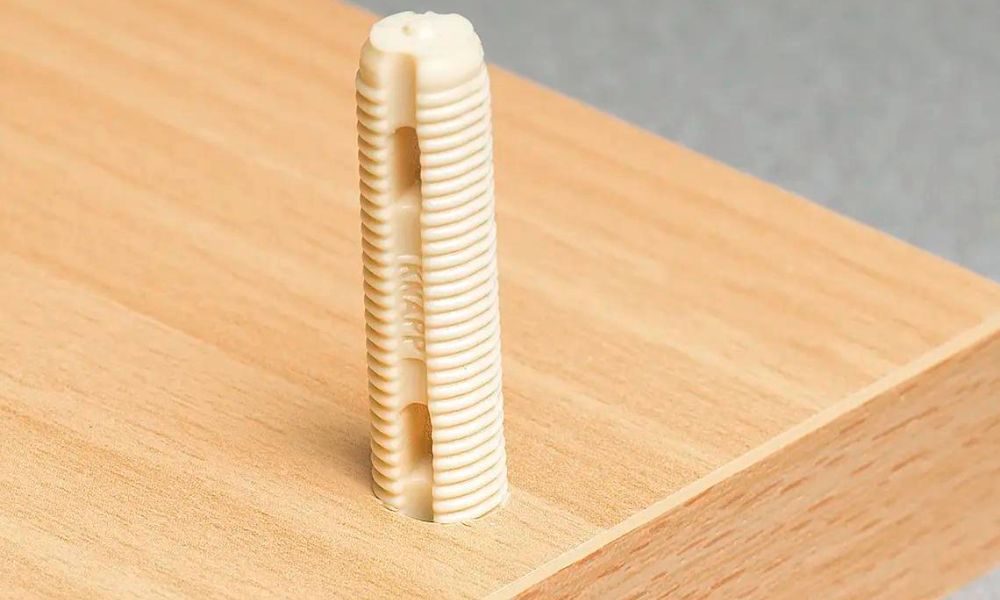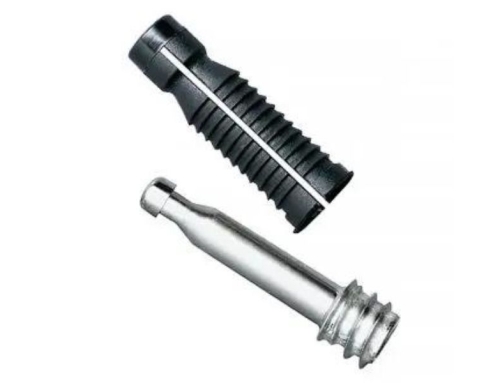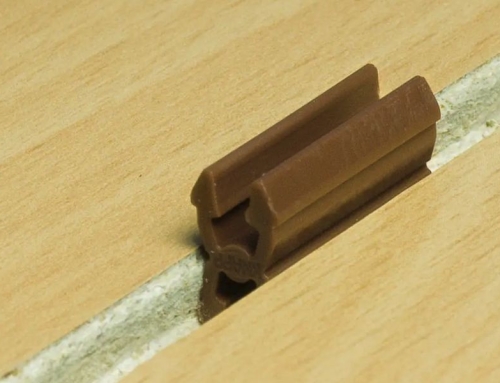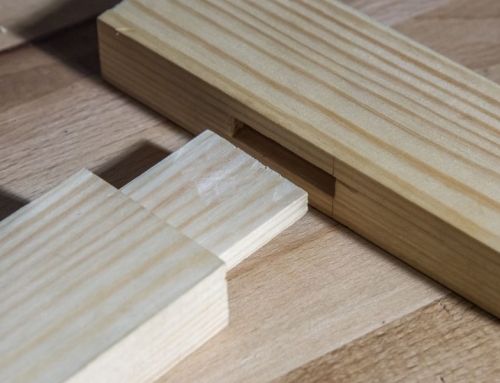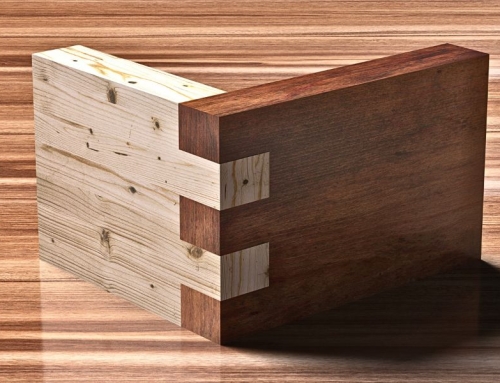Stepping into the workshop is like entering a world of infinite possibilities. You are about to transform raw wood into beautiful, functional pieces that could furnish a home, restaurant, or office.
As an experienced woodworker, you know that the debate between pocket holes and dowels is eternal. To help you select the best woodworking tools, learn the advantages of choosing dowels over pocket holes.
Strength in Simplicity
Dowels have a simplicity that is deceptive in its strength. However, their genius lies in their ability to reinforce and align wood in a way that pocket holes can’t quite match. Dowel connectors balance the load equally across the joint. In contrast, the pocket hole relies on angled screws, which are efficient but can create weak spots in your workpiece.
The Aesthetic Argument
Woodworkers know that aesthetics are as vital as durability. You could argue that pocket holes have a utilitarian charm beloved by many of woodworkers. However, dowels offer a timeless elegance to your work, particularly when flush and sanded to perfection. They don’t require unsightly fillers or flusters to hide their presence. Their design inherently blends in and complements the workpiece as a whole.
A Lesson in Longevity
When creating furniture with dowels, you are crafting something that will last generations. The straightforward approach to dowel joinery translates to easier maintenance and restoration, should the need arise. Furniture made with pocket holes might lack the same level of structural integrity and may be difficult to maintain or repair.
Choosing a dowel over pocket holes has many advantages. It is a tale of the traditional versus the modern. Dowels may not be as quick to wield as pocket holes, but their ability to create long-lasting, beautiful, and discreet joints is magical. Check out our selection of dowel connectors today at KNAPP® Connectors.

